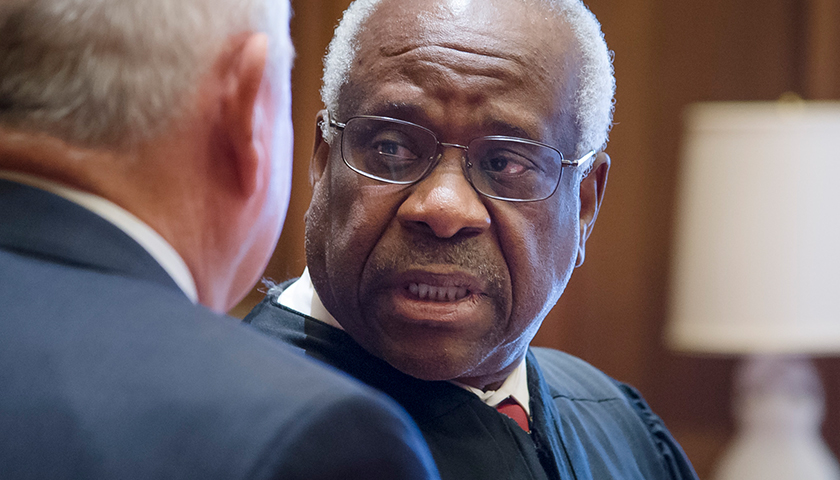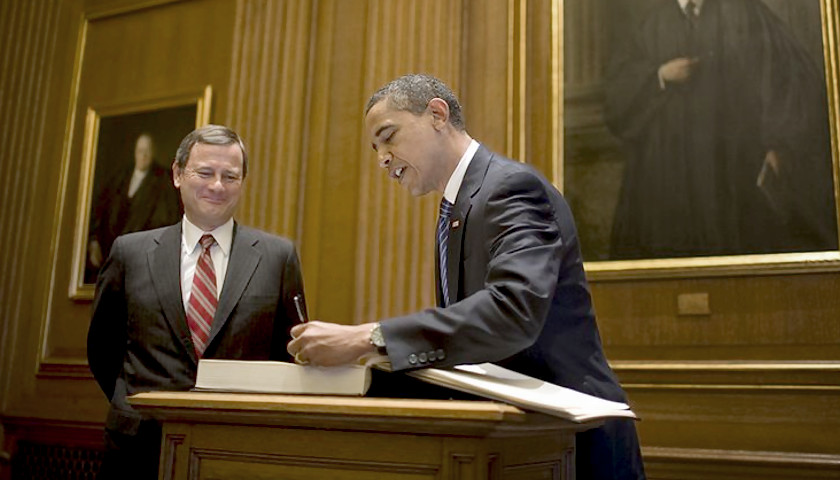Recently, the Heritage Foundation and the Scalia School of Law at George Mason University honored Justice Clarence Thomas on the 30th anniversary of his joining the Supreme Court. A day of panels featuring former Thomas clerks and prominent legal scholars commented on his legacy and future. The justice responded that evening.
Yet even a full day of often enlightening panels and speeches, doubtless to be supplemented in the years to come by law review issues, articles, and books, misses the crucial fact about Thomas’ jurisprudence that has made him the indispensable justice: his overarching focus on natural law.
In America natural law comes to sight in the principle of equality, which continues to confuse both conservatives and liberals. With the Democrats’ embrace of “equity,” they have cast aside equality as a principle. Conservatives have never been comfortable with equality to begin with, as Harry Jaffa consistently pointed out in his work. Equality does not mean socialism but rather government by consent, and all the institutions that follow from the preservation of this fundamental element of justice. The clearest expositor of this principle, as Thomas explains, has been Abraham Lincoln, when he attacked the evil of slavery.
Read More

